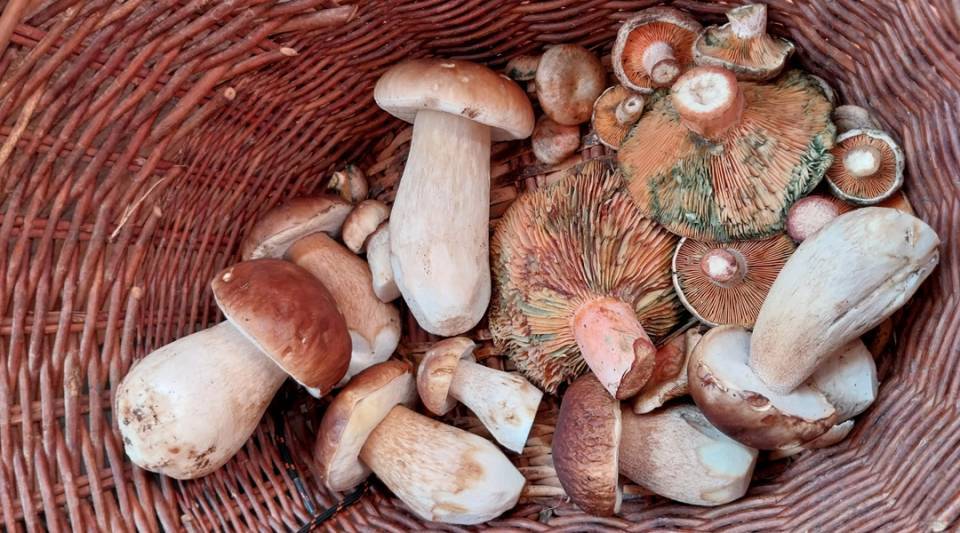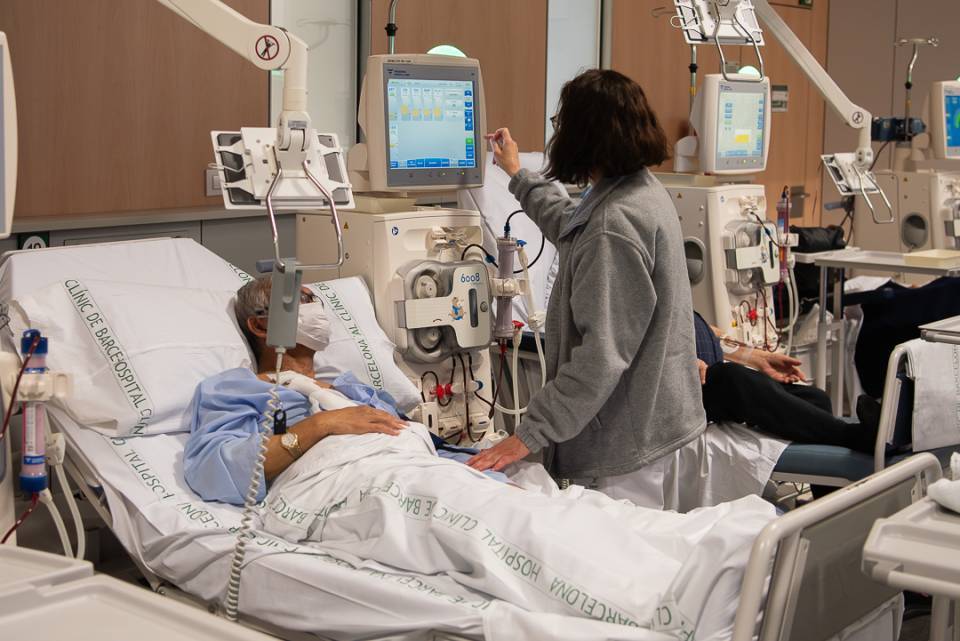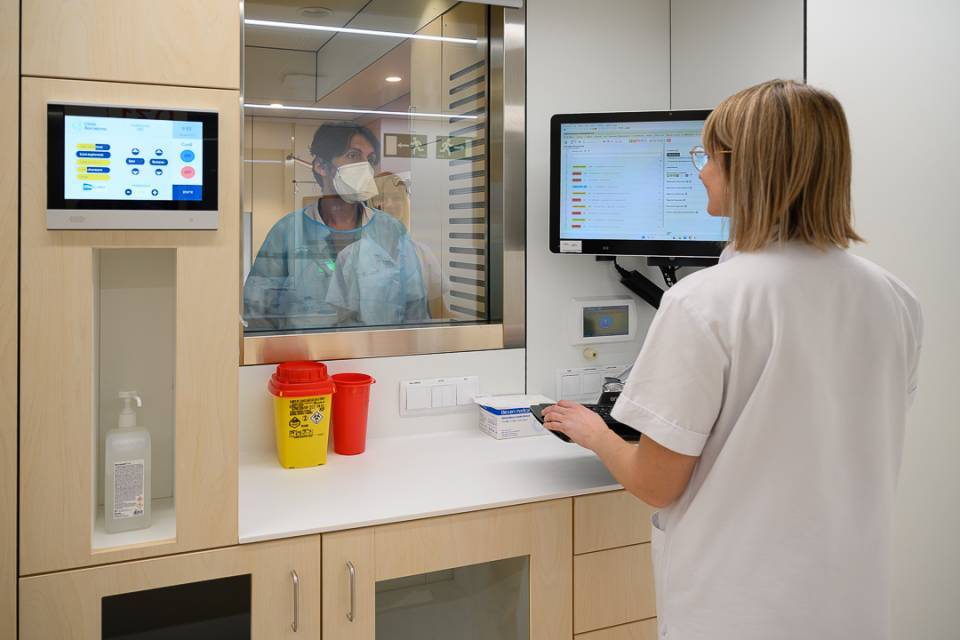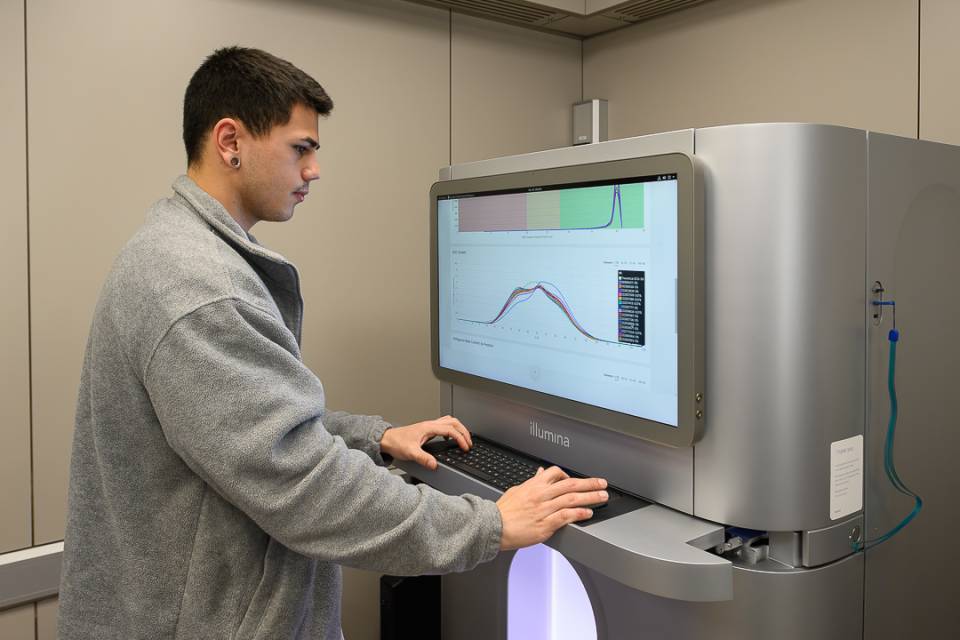- Correct identification: Only pick mushrooms you can identify and know for sure are safe. Many toxic mushrooms look like edible ones. So, if you have any doubts at all, consult a specialized field guide or seek advice from an expert.
- Avoid any suspicious-looking mushrooms: If a mushroom has any suspicious characteristics, it is better not to pick it. The most dangerous species may look good but be highly toxic.
- Do not pick mushrooms in polluted areas: Mushrooms absorb substances from the soil, including heavy metals and chemicals. Therefore, avoid picking them near industrial areas or roads.
- Do not trust popular myths: Some traditional advice such as, “mushrooms that change colour when cooked are toxic” is unreliable. The only safe criterion is correct identification.
- Store them properly: Store mushrooms in breathable containers, such as baskets, to avoid the build-up of moisture, which can encourage the proliferation of micro-organisms.
In the event of suspected poisoning, contact a medical centre or call the emergency telephone number urgently. Prevention is the best way to enjoy mushrooms safely.
This advice has been endorsed by Dr. Emilio Salgado, head of the Clinical Toxicology Unit in the Accident & Emergency Department and Dr. Marina Parra, head of the Pharmacology and Toxicology Section and head of the Toxicology Laboratory (Biomedical Diagnostic Centre), who are responsible for this protocol.
The Clínic, referral centre for the analysis of urine from patients with suspected mushroom poisoning
The Hospital Clínic Barcelona has a clinical toxicology protocol for dealing with cases of possible mushroom poisoning. With so many species, a large number of which look alike, an error in identification can have fatal consequences and, therefore, great care must be taken when examining a mushroom. The Hospital Clínic Barcelona analyses urine samples from patients in other hospitals in Catalonia and in the rest of Spain. Over the last 5 years, we have received 154 samples for analysis and 17 cases have tested positive. So far this year we have analysed the urine of 9 patients for amatoxins, with all of them testing negative.




